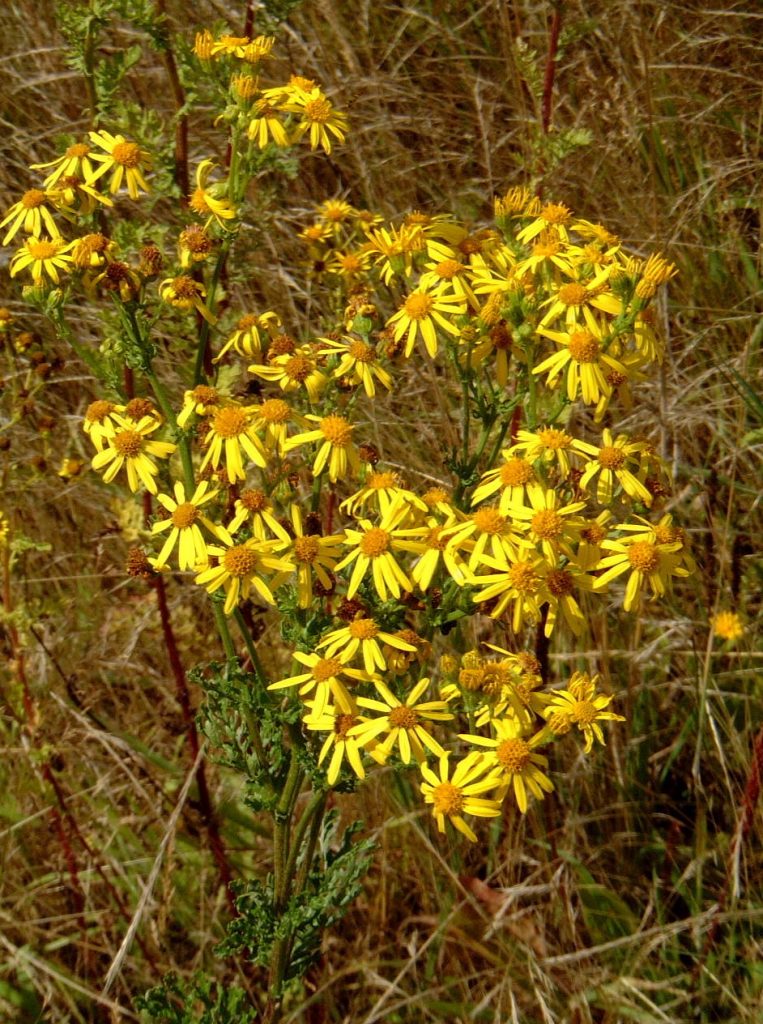Now is the time to get ragwort under control
21st August 2018
Now is the time to start bringing under control ragwort which has witnessed an upsurge in growth this season. “Treating silage and haylage fields in September will help to
Now is the time to start bringing under control ragwort which has witnessed an upsurge in growth this season. “Treating silage and haylage fields in September will help to avoid ragwort getting in to cut grass next spring and contaminating the forage,” says Brent Gibbon of crop protection company, Nufarm.
An online poll earlier this month conducted by Nufarm confirmed that two thirds of livestock farmers have seen more of the pernicious weed than usual this summer, a trend attributed to the plant being exposed to the unusual lengthy cold winter and subsequent enhanced vernalisation, followed by the drought during when its deeper roots have been able to access water better than grass. There’s also been a lack of competition from struggling grass plants.
“September is rated the best month to commence a ragwort control programme – plants are likely to have reached the rosette stage and are still actively growing,” says Nufarm’s Brent Gibbon. “Treating with a 2,4-D + dicamba (Thrust) combination before the end of the month can form part of an eradication programme.
“Following treatment, cattle should not be returned to the field until the plant has fully decayed and become unpalatable, a period likely to take at least six weeks. Any surviving ragwort should be dug up whilst farmers should also be prepared to make a sequential application next spring or autumn since this season’s seeds will continue to germinate.
“Ragwort contains a range of related toxins called alkaloids, all of which damage cattle liver. The clinical signs of liver damage can take up to 18 months to develop at which point there is no effective treatment, it’s a case of withdrawing the forage and waiting for liver recovery.”
Brent adds: “Introducing a September control programme will also enable farmers to demonstrate they are taking responsibility and adhering to The Ragwort Control Act 2003, which provides a Code of Practice and comprehensive guidance on how to develop a strategic and more cost-effective approach to weed control.”

